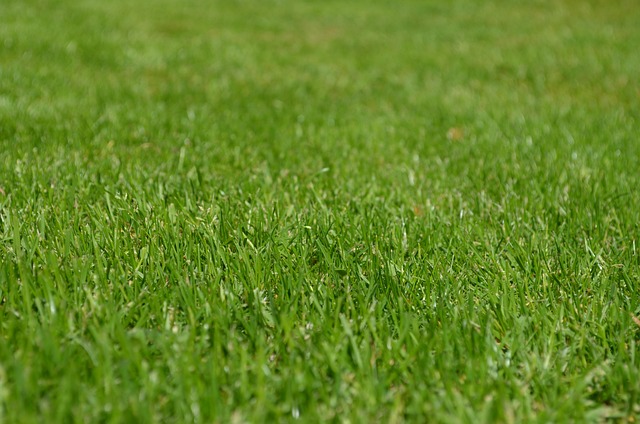Yard Waste Removal and Recycling programs, offered by local governments or waste management companies, are eco-friendly solutions for managing organic materials from lawns and gardens. These initiatives divert green waste from landfills, where it produces methane, a climate change contributor, by encouraging composting and recycling. The process involves collecting grass clippings, leaves, and branches in designated bins, transporting them to facilities for aerobic decomposition, and producing nutrient-rich compost beneficial for parks, agriculture, and personal gardening. This promotes a circular economy, enhances soil health, reduces fertilizer needs, and cuts down on landfill waste, offering both environmental and economic advantages.
“Discover the transformative power of green waste recycling programs, a sustainable solution for managing yard waste. This comprehensive guide explores how these initiatives not only reduce environmental impact but also offer numerous benefits for communities. From diverting organic material from landfills to creating nutrient-rich resources for local agriculture, proper yard waste removal and recycling are essential steps towards a greener future. Learn about implementation strategies and find out how you can actively participate in your community’s eco-friendly efforts.”
- Understanding Yard Waste Recycling Programs
- Benefits of Green Waste Removal and Recycling
- Implementing and Participating in Your Local Program
Understanding Yard Waste Recycling Programs

Many communities now offer yard waste removal and recycling programs as an eco-friendly solution for managing organic materials from lawns, gardens, and landscaping. These programs aim to reduce the significant volume of green waste sent to landfills by encouraging residents to compost and recycle their organic trash. Typically, local municipalities or waste management companies organize such initiatives, providing specific collection schedules and guidelines for participants.
Participants in yard waste recycling programs are often equipped with designated bins or containers for gathering grass clippings, leaves, branches, and other garden waste. On specified collection days, these materials are picked up and transported to composting facilities where they undergo aerobic decomposition, resulting in nutrient-rich compost that can be used to enhance soil fertility in local parks, gardens, and agricultural settings. This process not only diverts organic matter from landfills but also promotes a circular economy by returning valuable nutrients to the ecosystem.
Benefits of Green Waste Removal and Recycling

Green waste removal and recycling offer numerous environmental and economic benefits, making it an essential practice for sustainable communities. By implementing effective yard waste removal programs, cities can significantly reduce the amount of organic material ending up in landfills. This is crucial as organic waste decomposes and releases methane, a potent greenhouse gas that contributes to climate change. Instead, recycled green waste can be transformed into valuable resources like compost, which enriches soil health, reduces the need for synthetic fertilizers, and promotes healthier plant growth.
Moreover, these programs foster a circular economy by utilizing yard clippings, tree trimmings, and other organic materials from landscapes and gardens. This process not only minimizes environmental impact but also creates job opportunities in waste management and recycling sectors. Additionally, green waste recycling can lead to more aesthetically pleasing public spaces as proper composting practices help manage thatch layers in lawns, reducing the need for excessive watering and chemical applications.
Implementing and Participating in Your Local Program

Implementing green waste recycling programs has become an essential part of many communities’ efforts to reduce environmental impact. These initiatives focus on transforming organic yard waste, such as grass clippings and leaves, into valuable resources like compost or biogas. Participating in your local program is a straightforward process that begins with understanding what materials are accepted and how to properly prepare them for collection. Many municipalities offer curbside collections, where residents set out designated bins filled with organic material during specific pick-up days.
Regular engagement with these programs ensures a continuous supply of green waste for recycling, contributing to a more sustainable future. By participating, individuals play a direct role in diverting waste from landfills, reducing greenhouse gas emissions, and promoting the use of natural resources. It’s a simple yet powerful way to make a positive environmental impact while also potentially providing access to rich, nutrient-filled compost for personal gardening efforts.
Green waste recycling programs are a sustainable solution for managing yard waste, offering numerous environmental benefits. By participating in these initiatives, individuals can contribute to reducing landfill emissions, conserving natural resources, and promoting a healthier ecosystem. Implementing effective local programs encourages responsible disposal practices, fostering a greener community. Embrace the advantages of yard waste removal and recycling for a more environmentally conscious future.






